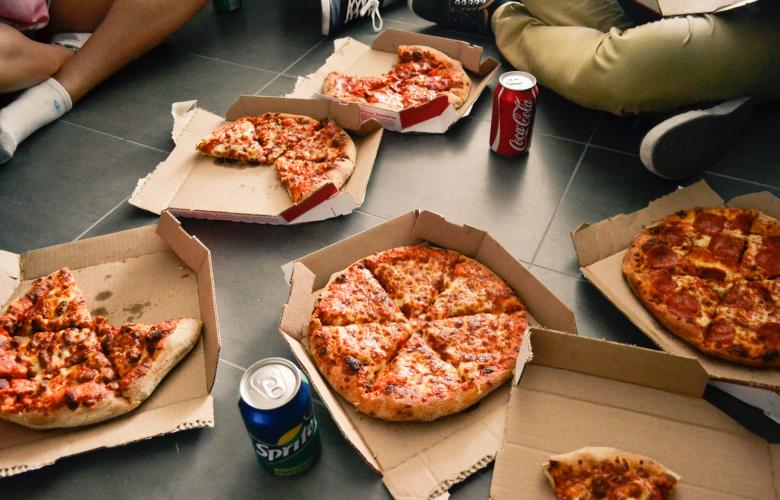Can fast food businesses do more to address Australia’s obesity crisis?
Contact
Can fast food businesses do more to address Australia’s obesity crisis?
Deakin report serves up some key takeaways for quick service restaurants and their nutrition policies.
Deakin University researchers have undertaken a first-of-its-kind evaluation of the nutrition policies at Australia's biggest takeaway outlets.
The 'Inside our Quick Service Restaurants' report ranks Australia’s 11 biggest fast food companies according to their policies and commitments to address obesity and population nutrition issues for the first time. Deakin's Global Obesity Centre released similar reports into supermarkets and food and beverage manufacturers earlier this year.
Subway was the highest ranking company with a score of 48 out of 100, while bottom-placed Domino's Pizza scored only three out of 100. Overall, the company average was just 27.
In a release, Domino’s Pizza said the business already meets or exceeds a number of the recommendations in the Deakin University report.
The company said Domino’s has moved to reduce sodium across the range, cut the amount of fat in their cheese, and is working on removing all artificial colours, flavours and preservatives. Citing transparency, the company said kilojoule labelling is available in all states on all menu items, and can also be found online and in company marketing.
Australian diets incorporating a larger proportion of takeaway food
With takeaway food making up an increasing proportion of the average Australian's diet, the report's lead author Associate Professor Gary Sacks said unhealthy diets are creating a public health crisis in Australia.
"Every part of our community, including the fast food sector, needs to do their part in making the healthy choice the easy choice for all Australians," he said. "There's a real opportunity for fast food companies to help address the problem by introducing policies that make healthier choices, like water and fruit or salad, the automatic option for kids' meals."
How can businesses prioritise healthier options?
According to the research, the majority of Australian fast food companies did not publicly identify health or nutrition as a focus area.
'Inside our Quick Service Restaurants' sets out a number of priorities for fast food companies. This might include making healthier options, such as water and side salads or fresh fruit, the default, particularly as part of children's meals. The amount of salt, sugar and saturated fat in menu items could be reduced, as well as the kilojoule content and portion size of meals.
Price discounts, value deals and advertising of unhealthy products was particularly problematic, especially when large numbers of children are exposed. Businesses could aim to price healthier options similarly to less healthy equivalents and cut down on sponsorship of community and sporting events popular with families.
"The majority of items we see heavily promoted are unhealthy ones, like $1 frozen cokes, which clock in at more than 15 teaspoons of sugar, or two-for-one whoppers, which each contain a whopping 40 grams of fat," said Associate Professor Sacks.
Domino’s said it is company policy not to advertise to children or feature children in its advertising. “This is something we feel passionately about and is a core driver of our brand values.”
More from The Business Conversation:
Exclusive fashion retail opportunity in quaint seaside village




